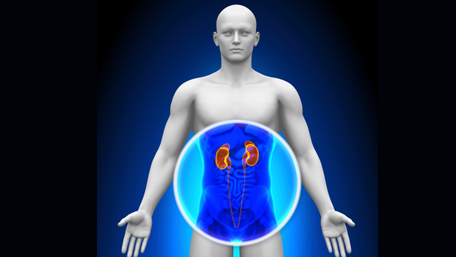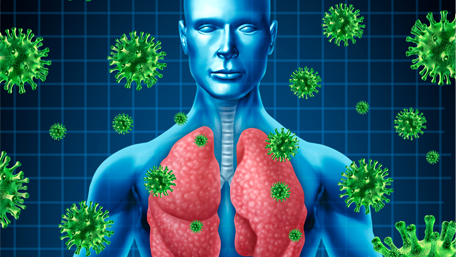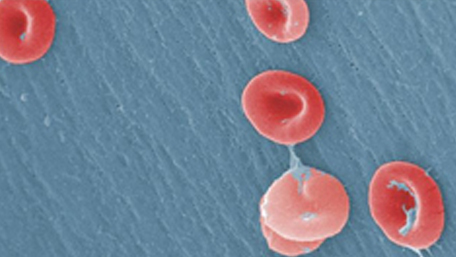
05/15/2020
Hot Topics of the Day are picked by experts to capture the latest information and publications on public health genomics and precision health for various diseases and health topics. Sources include published scientific literature, reviews, blogs and popular press articles.
Sign up MyPHGKB to receive the daily hot topic email alert.
Archived Hot Topics of the Day By Date
Opportunistic deep learning of retinal photographs: the window to the body revisited
SM Waldstein, Lancet Digital Health, May 14, 2020
APOE E4 genotype predicts severe COVID-19 in the UK biobank community cohort
CL Kuo et al, MEDRXIV May 15, 2020
CRISPR-Cas Systems Based Molecular Diagnostic Tool for Infectious Diseases and Emerging 2019 Novel Coronavirus (COVID-19) Pneumonia.
Xiang Xiaohong et al. Journal of drug targeting 2020 May 1-10
Reopening Society and the Need for Real-Time Assessment of COVID-19 at the Community Level
FJ Angulo et al, JAMA< May 15, 2020
A global effort to define the human genetics of protective immunity to SARS-CoV-2 infection
JL Casanova et al, Cell, May 13, 2020
Whole genome sequencing and phylogenetic analysis of SARS-CoV-2 strains from the index and early patients with COVID-19 in Dubai, United Arab Emirates, 29 January to 18 March 2020
AA Tayoun et al, BIORXIV, May 14, 2020
Patient DNA cross-reactivity of CDC SARS-nCoV2 extraction control leads to potential false negative results
AP Rosebrock, BIORXIV, May 14, 2020
ACE2 interaction networks in COVID-19: a physiological framework for prediction of outcome in patients with cardiovascular risk factors
Z Wicick et al, BIORXIV, May 14, 2020
Triage tool for suspected COVID-19 patients in the emergency room: AIFELL score
I Levenfus et al, MEDRXIV, May 15, 2020
Strong Social Distancing Measures In The United States Reduced The COVID-19 Growth Rate
C Courtemanche et al, Health Affairs, May 14, 2020
NIH begins clinical trial of hydroxychloroquine and azithromycin to treat COVID-19- Study enrolling adults with mild to moderate COVID-19 in the United States.
NIH, May 14, 2020
Rapid implementation of real-time SARS-CoV-2 sequencing to investigate healthcare-associated COVID-19 infections
LW Meredith et al, MEDRXIV, May 14, 2020
A deep learning algorithm to detect chronic kidney disease from retinal photographs in community-based populations
C Sabanyagam et al, The Lancet Digital Health, May 2020
Real Time Investigation of a large Nosocomial Influenza A Outbreak Informed by Genomic Epidemiology
W Javaid et al, MEDRXIV, May 2020
Development of the InCharge Health Mobile App to Improve Adherence to Hydroxyurea in Patients With Sickle Cell Disease: User-Centered Design Approach
NM ALberts et al, JMIR mHealth, May 2020
Disclaimer: Articles listed in Hot Topics of the Day are selected by Public Health Genomics Branch to provide current awareness of the scientific literature and news. Inclusion in the update does not necessarily represent the views of the Centers for Disease Control and Prevention nor does it imply endorsement of the article's methods or findings. CDC and DHHS assume no responsibility for the factual accuracy of the items presented. The selection, omission, or content of items does not imply any endorsement or other position taken by CDC or DHHS. Opinion, findings and conclusions expressed by the original authors of items included in the Clips, or persons quoted therein, are strictly their own and are in no way meant to represent the opinion or views of CDC or DHHS. References to publications, news sources, and non-CDC Websites are provided solely for informational purposes and do not imply endorsement by CDC or DHHS.
- Page last reviewed:Feb 1, 2024
- Page last updated:Apr 25, 2024
- Content source:






